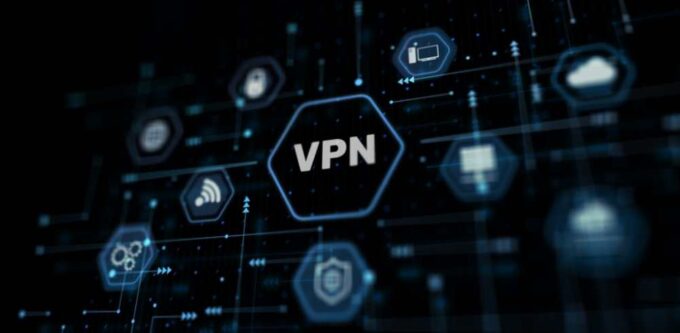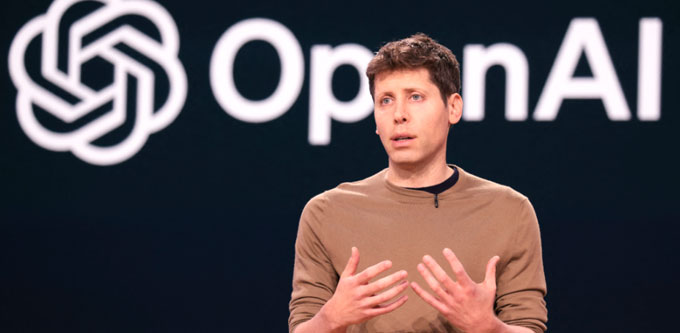San Francisco, CA — May 20, 2025 — OpenAI has taken a significant leap forward in developer tooling with the release of an advanced autonomous coding agent named Codex, integrated into the ChatGPT platform. Building on its lineage of AI agents like Operator (for web navigation) and Deep Research (for information synthesis), this next-generation Codex is engineered to streamline and automate complex software engineering tasks within isolated, cloud-based environments.
Codex: A Step Toward Autonomous Software Agents
Unlike traditional AI coding assistants such as GitHub Copilot or Amazon CodeWhisperer, which provide inline suggestions, OpenAI’s new Codex agent performs tasks end-to-end. It can autonomously generate code, detect and fix bugs, write test suites, and even create pull requests that are production-ready — all while maintaining code consistency and aligning with project-specific best practices.
Codex operates in a cloud-isolated sandbox, enabling it to safely access and interpret a user’s codebase, perform live testing, and adjust its output dynamically. This environment not only ensures security and compliance but also offers performance advantages by running operations in parallel.
Powered by Codex-1: A Reinforced GPT-4 Variant
At the core of the agent lies codex-1, a fine-tuned model based on GPT-4 (internally referred to as “o3” by OpenAI). Codex-1 is optimized through reinforcement learning from human feedback (RLHF) specifically tailored to software development scenarios. This enables it to learn from past outputs, improve code readability, and maintain alignment with programming conventions across languages and frameworks.
Use Cases and Early Adopters
Several companies, including Cisco, Superhuman, Temporal, and Kodiak Robotics, are already testing Codex in live environments. Early use cases include:
- Automated legacy code maintenance
- Test suite generation for large codebases
- Refactoring and documentation of complex projects
- Pull request automation for enterprise CI/CD pipelines
OpenAI has positioned Codex as a developer’s sidekick, offering two core entry points within ChatGPT:
- “Code” – for actionable tasks like bug fixes or new feature implementation.
- “Ask” – for codebase insights, such as understanding functions, dependencies, or architectural patterns.
Execution time varies from a few minutes to around 30 minutes, depending on task complexity.
Availability and Future Plans
Currently, Codex is available exclusively to ChatGPT Pro, Team, and Enterprise users. OpenAI plans to expand access to Plus-tier subscribers in future updates. Codex is accessible directly from the ChatGPT sidebar, making it an integrated part of the user workflow.
According to OpenAI’s CEO Sam Altman, this release represents “a foundational move toward software agents that can meaningfully reduce engineering toil, while raising the bar for quality and efficiency.”
Regulatory and Ethical Considerations
As Codex operates in cloud-isolated environments, questions have been raised regarding data security and compliance, particularly in regions governed by strict data protection regulations like the EU’s GDPR or California’s CCPA. OpenAI states that Codex environments are designed to maintain data integrity, sandboxed execution, and enterprise-level security standards.
Experts from the Electronic Frontier Foundation (EFF) and AI Now Institute have expressed cautious optimism, highlighting the potential of autonomous software agents to democratize development while urging regulatory frameworks to keep pace with technical advances.
Final Thoughts
OpenAI’s latest Codex agent signals a clear shift toward agentic AI systems that go beyond assistance into collaborative execution. With industry adoption accelerating and integration deeply embedded in developer ecosystems, Codex might soon redefine the way modern software is engineered — from startups to Fortune 500 companies.
















Leave a comment